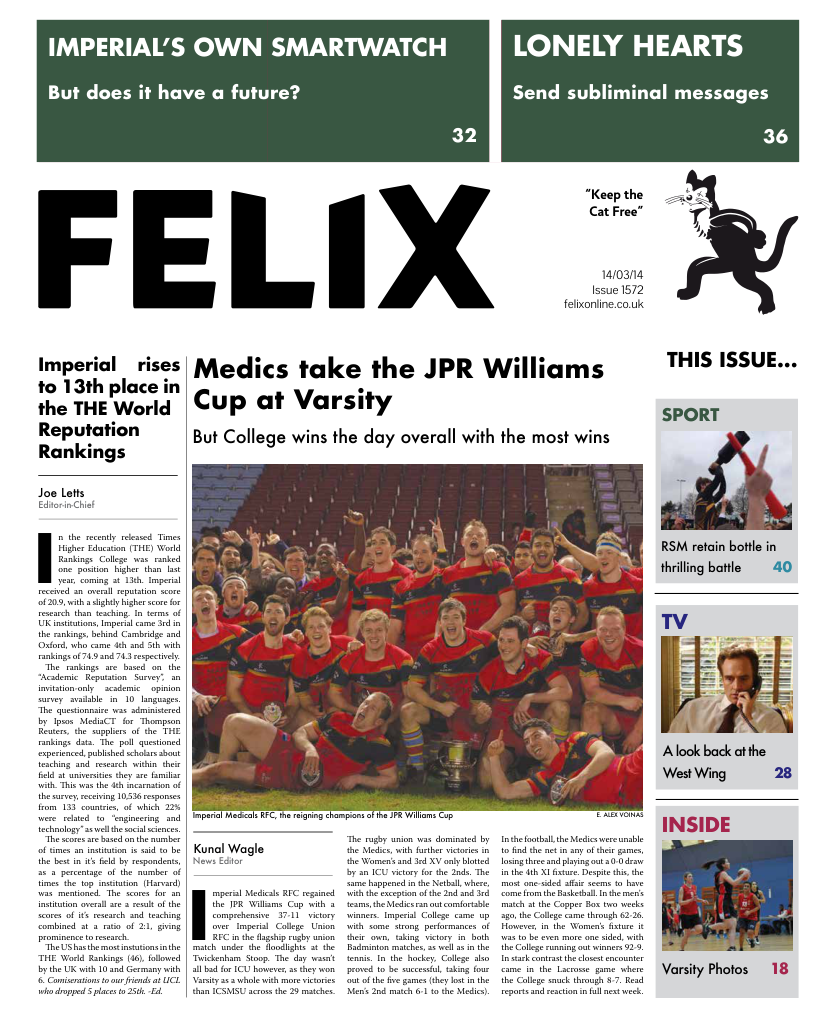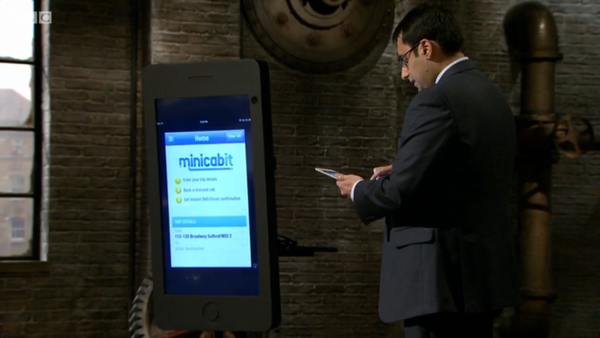Obituary: Bob Crow
London awoke to a shock on Tuesday morning with the news that Bob Crow, the leader of Rail, Maritime and Transport (RMT) union had died at the age of 52.
London awoke to a shock on Tuesday morning with the news that Bob Crow, the leader of Rail, Maritime and Transport (RMT) union had died at the age of 52. During the RMT strikes last month that crippled London Crow sprang to national prominence as the situation pitted him against Boris Johnson, Mayor of London, in a series of heated arguments about the future of the Underground Network. A controversial figure to the end, people on all sides of the political spectrum have paid their respects to a man who has had an undeniable impact the lives of Londoners in recent times. Bob Crow was born in Shadwell, East London, in 1961 and joined London Underground at the age of 16 after leaving school. His first job with them involved working to clear trees and maintain the track on the Central Line. Shortly afterward he became involved in Union politics and was elected as a local representative of the National Union of Railwaymen (NUR), before becoming one of their national representatives in the mid-1980s during the height of the Thatcher years.
At a time when the voice of the unions was diminishing and privatization of British Industry was in full swing, Crow helped to guide the NUR and its sister organization the National Union of Seamen during their merger to form the RMT in early 1990. He was elected to its Executive Committee in 1991 but took the unusual step of becoming a fierce critic of the Labour Party and Tony Blair in particular. The tensions became so great that in 2004 Labour chose to remove the RMT party affiliation status.
Describing himself as both a communist/socialist, Crow was elected as leader of the RMT by a landslide, winning almost 65% of the vote in 2002. He caused no small controversy by continuing to live in a council house in Hainault in north-east London despite the not-insignificant salary of around £140,000 that he received for his work. In addition, his insistence that the jobs of tube drivers remain as-is often pitted him against city leaders who accused him of undermining the drive of progess.
This all came to a head in early 2014 when Johnson, the chairman of TfL, announced plans to close all of the London Underground Ticket offices in the next two years. Although the plans were specifically designed to avoid any compulsory redundancies, the RMT leadership announced unprecedented plans for two 48 hour strikes to protest the fact that they hadn’t been consulted enough.
Thus began a rivalry perhaps second only to Thatcher/Scargill in its ferocity: both insisted that the other wouldn’t meet with them, and that the other was holding London hostage. The first strike at the beginning of February brought chaos to the city and led to Crow receiving a huge amount of abuse from both the public, media and other politicians, with Jeremy Paxman referring to him as ‘a dinosaur’. Crow refused to back down, earning him the admiration of many other trade unionists as a man who stuck up for his members and refused to sell them out.
Although the second strike was averted after eleventh-hour discussions between TfL and the RMT, the stress clearly had an effect on Crow who took a much-criticised holiday to Brazil. Last weekend he missed a trade union meeting, saying he felt unwell, and was early Tuesday morning admitted to hospital near his home in Leytonstone, before being pronounced dead shortly afterward.
Tributes have been paid by the Mayor, Prime Minister and Leader of the Opposition as the country marks the passing of a man who some consider to have been the most successful trade union leader of all time. Bob Crow is survived by his former wife, partner and daughter.






